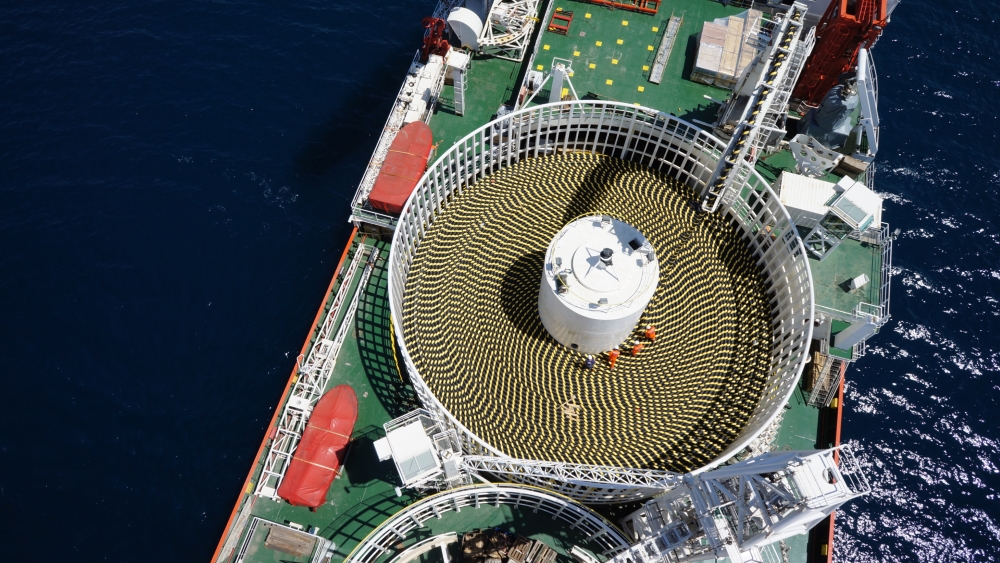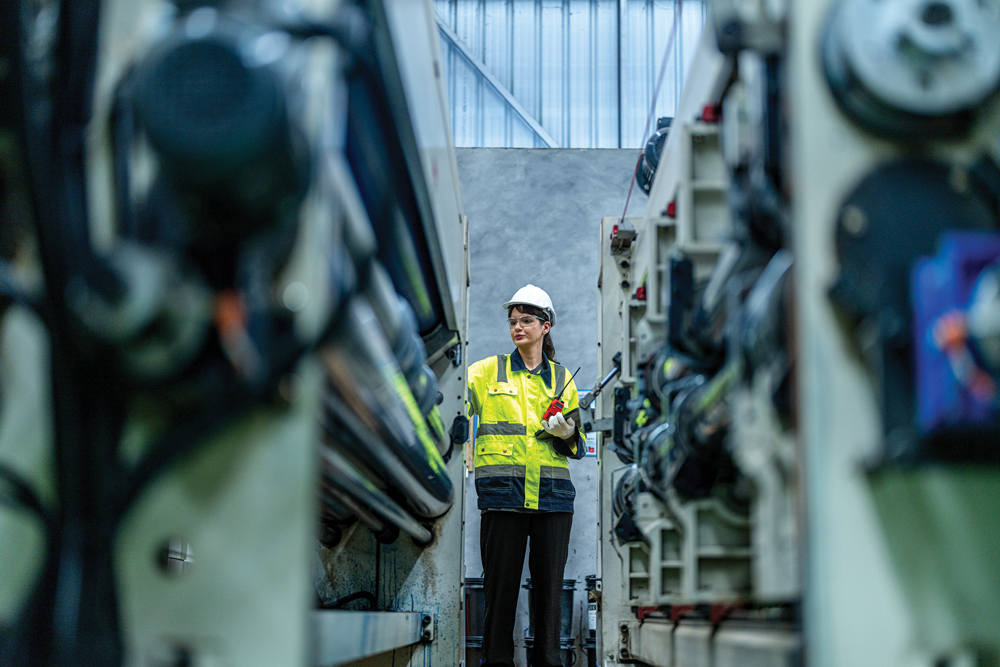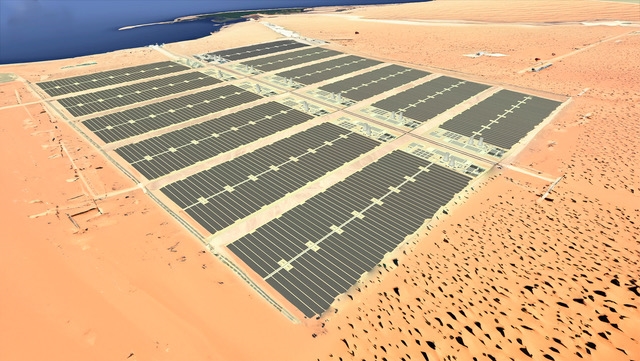|
In response to geopolitical upheaval, German-Austrian industrial group the OBRIST Group last month unveiled a vision of a globally organized methanol economy for energy supply based on a “Gigaplant” solar park concept that would reinforce European autonomy and competitiveness, with OBRIST Group Chief Marketing Officer Thorsten Rixmann calling a global methanol economy, built and operated by Europe, “the best way to supply Europe with baseload-capable, competitive and sustainable energy.”
Since methanol can be produced from solar energy but, unlike hydrogen, is liquid at normal conditions, it can therefore be transported via existing global infrastructure, the idea goes. But since solar radiation intensity is better near the equator than in Europe, large-scale methanol production facilities should be cooperatively built and operated in African and Middle Eastern countries under EU leadership, the company says, describing a vision of “a thriving economy in African countries, which, thanks to Gigaplants, could develop into a hub for global energy supply. For the countries in the Middle East, methanol production would enable a gradual transition away from oil extraction. ‘Oil will eventually run out, but the sun will shine forever,’ said Rixmann.
The vision statement followed news last year that OBRIST had signed licensing agreements for its technology that will enable the company and its partners to pursue the goal of “implementing Obrist technologies in definitive projects in Namibia, Egypt, Thailand and the United States. An investment volume in the double-digit billion-euro range has already been secured in these countries. The projects will be implemented in the coming months,” with the U.S. target in the field of sustainable aviation fuel (SAF).
While the company’s concept includes calculations proving economic viability, OBRIST also maintains that “around 3,000 Gigaplants would be needed to fully replace the use of fossil fuels with methanol. The total cost for building these clean energy factories would amount to nearly $50 trillion dollars. “This is a big goal, but it is achievable step by step,” said Rixmann. “The current global situation would be a good reason for the European Union to quickly take the first step and launch two or three Gigaplants in different countries.”
|








